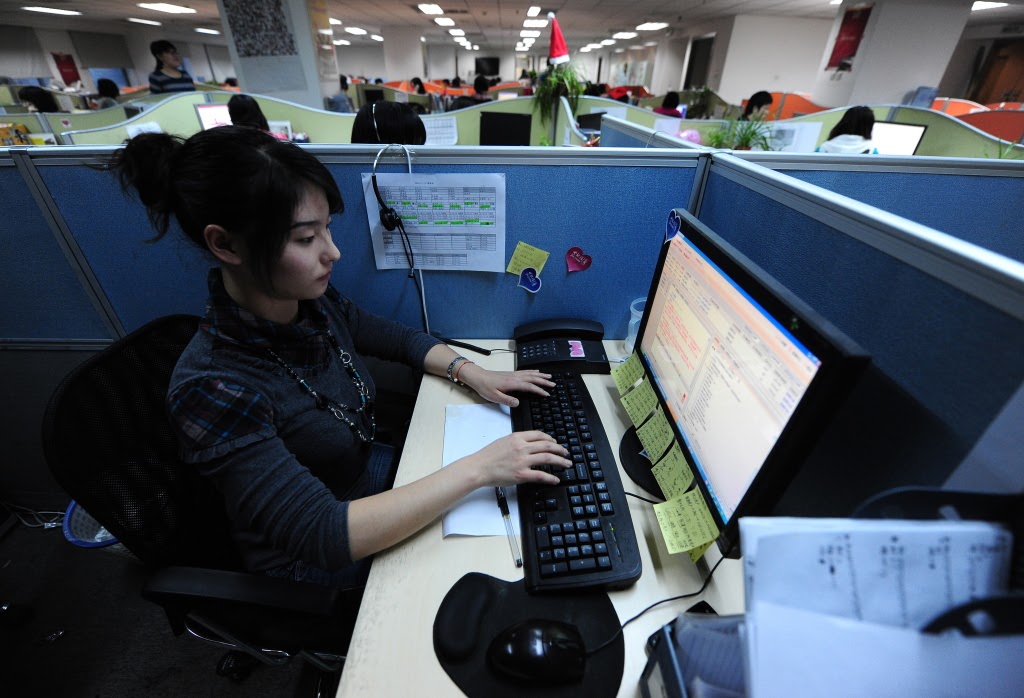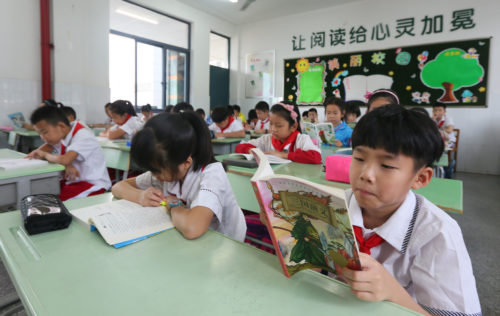Motherhood is still a career killer for Chinese women, new research finds
In China, employers continue to discriminate against women who have children, while husbands still don’t do much to help raise kids.

Having children comes at a serious cost for Chinese women in the workplace, according to a new report (in Chinese) by Boss Zhiping, one of the largest career consulting companies in China. There is even a new term used to describe the considerable financial and professional challenges faced by working mothers: the “motherhood penalty” (生育惩罚 shēngyùchéngfá).
Titled “An observation of the state of working women in 2020,” the research was released on November 16. With a focus on “women of marriage and childbreaing age,” the study polled 8,629 Chinese women in the corporate world, who were asked a wide range of questions regarding their sense of self-worth, professional goals, and career progression.
The report revealed that about 85% of the working mothers surveyed felt that their parenthood had hindered their career advancement “in a significant way.” Over 30% of them said that they went through a “long period of mental distress” before announcing their pregnancy at work, and 35% said their bosses immediately started looking for their replacements after learning about their pregnancy.
While Chinese women may no longer sacrifice their careers for their husbands, they are still expected to do so for their children. The study found that nearly half of the mothers polled left the labor force for at least one year after giving birth, among whom roughly 20% ended up becoming stay-at-home moms. When asked about the impact of motherhood on their identities and life goals, nearly 35% said that the most profound change was how they started to prioritize family over work.
The adjustment, however, is not always by choice. Responding to a question about the distribution of child-care labor in their home, almost 40% of the working mothers said that their husbands “basically spent no time on parenting.” Moreover, over half of the husbands didn’t use up their paternity leave, whereas about 21 percent never took it at all.
Another key finding from the survey was that although it’s illegal for Chinese companies to ask a woman about marital status or family plans, many employers still do. Among the childless women who responded to the survey, over 90% had been asked about their plans on having children during job interviews. The unlawful yet prevalent practice has been a main factor influencing women’s decisions about timing of motherhood: The survey showed that about 40% of the childless respondents delayed parenthood because of “the time it would take,” which they thought would have a negative impact on their promotion opportunities.
In theory, there has never been a better time than now for working mothers in China to shine. Faced with an aging population and shrinking workforce, Chinese officials have taken initiatives to encourage Chinese women to have babies while working at the same time. The measures and incentives rolled out in the last few years included subsidies for second children and extended maternity leave.
But many companies still view parenthood as an issue that complicates employment and promotion decisions. Fighting against this persistent threat to women’s rights, several Chinese women have filed lawsuits or pursued arbitration against their employers who dismissed or cut their pay after their pregnancy.






